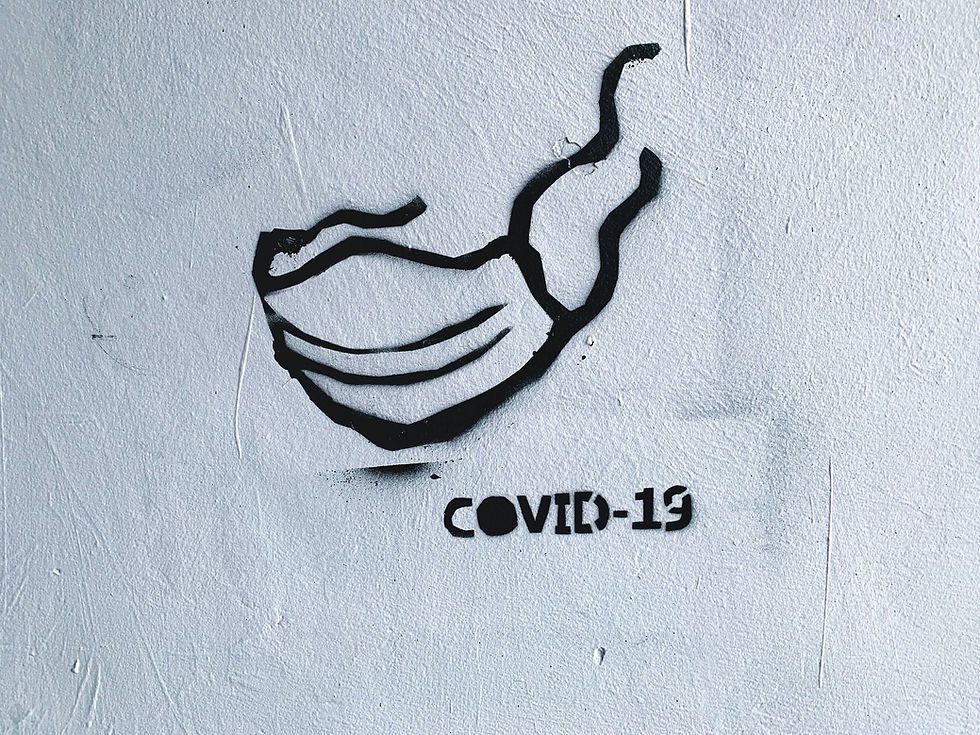Socrates, Fake News, and the Problem of Truth in School Admissions
- David Willows

- Jun 5, 2020
- 3 min read
Updated: Jun 20, 2023
Since the time of the Ancient Greeks, philosophers have been asking themselves How do we come to know the truth?
Socrates famously kicked off the conversation by suggesting that truth is something we have to remember. If only we look inside ourselves, he argued, we’ll discover it, because essentially the human spirit has the capacity to recollect what hitherto has been forgotten.
What then followed was an often-heated debate, between those that agreed that all of us possess this “spark” of eternal knowledge inside of us and those, like the Danish philosopher Søren Kierkegaard, who were far less optimistic about the innate (rational) capacity of the human soul. Indeed, Kierkegaard famously wrote that to look inside ourselves is entirely futile and that truth can only be known in a moment of divine revelation.
This philosophical wrestling on matters of epistemology may seem a far cry from the challenges that we are currently facing. And yet, I would argue, even if the setting is changed, the question of how we come to know the truth is as relevant today as it was when Plato was writing his Theaetetus.

We all know that the rise of technology in the 21st Century has led to an unprecedented proliferation of information. We are constantly bombarded on every side with stories, with no reliable way of filtering news, opinions and information that is true from that which we have started to call “fake”. And if we once thought that we only had to look inside ourselves to know the good stories from the bad, it now appears our internal deciphering mechanisms are severely lacking. Whether we are trusting our instincts, our capacity for critical reason, or reaching into the deeper recesses of the human soul, even Socrates would surely have to agree the pursuit of certainty is now facing something like an acute case of social dementia. Even if the memory is there, we have lost the capacity to retrieve it.
Traditionally, those of us who work in the field of school admissions have considered ourselves exempt from the media-driven, political discourse of “fake news”. We have drawn a line between what we do and the world beyond the school gate, taking pride in our ability to both recognise and speak the truth.
And if you are not convinced, take a look at each of our school websites. We eloquently and confidently speak of how our schools are preparing students for a future beyond school. We publish arguments about why our schools are re-imagining learning and providing experiences that will last a lifetime. We produce impressive evidence, demonstrating how our students go on to be happy, successful and ethical citizens of the world. And we believe that prospective families will intuitively recognise the universal truth in what we say.
And yet, with the advent of COVID-19, a seismic shock has occurred that appears to have thrown our world off its axis of certainty. All of a sudden, much of what we all thought we knew to be true, was cast under a shadow of doubt. And the shock did not stop at the school gate. It hit us too. The lights went out for a moment across our campuses. And when they came on again, things were different. School was different. The families visiting our schools are different.
And then the world watched in horror the killing of George Floyd. And the lights went out again.
So the problem of truth in school admissions right now is that we suddenly find ourselves caught up in a moment in which the entire world is resetting and recalibrating. As school communities, we are asking ourselves what learning will look like in the future. As a privileged, white educator, I also find myself wondering whether the stories I have become accustomed to telling spoke only my version of the truth. I find myself asking what I can do better.
As the aftershocks continue, it is likely that we will all continue to feel uncertain and disorientated for some time to come. I am convinced that our students and their parents are feeling the same.
So maybe this is a moment in which we go back to another very Socratic idea: the idea that real learning starts by recognising our ignorance; facing up to the fact that we don’t yet have all the answers.
Maybe - even in our admissions offices - this is a moment for all of us to leave the rhetoric of truth to one side and start admitting to the uncertainty that we are feeling; allowing space for a different kind of “marketing” conversation between us, students and their parents to emerge.
Photo by Joël de Vriend on Unsplash



Comments